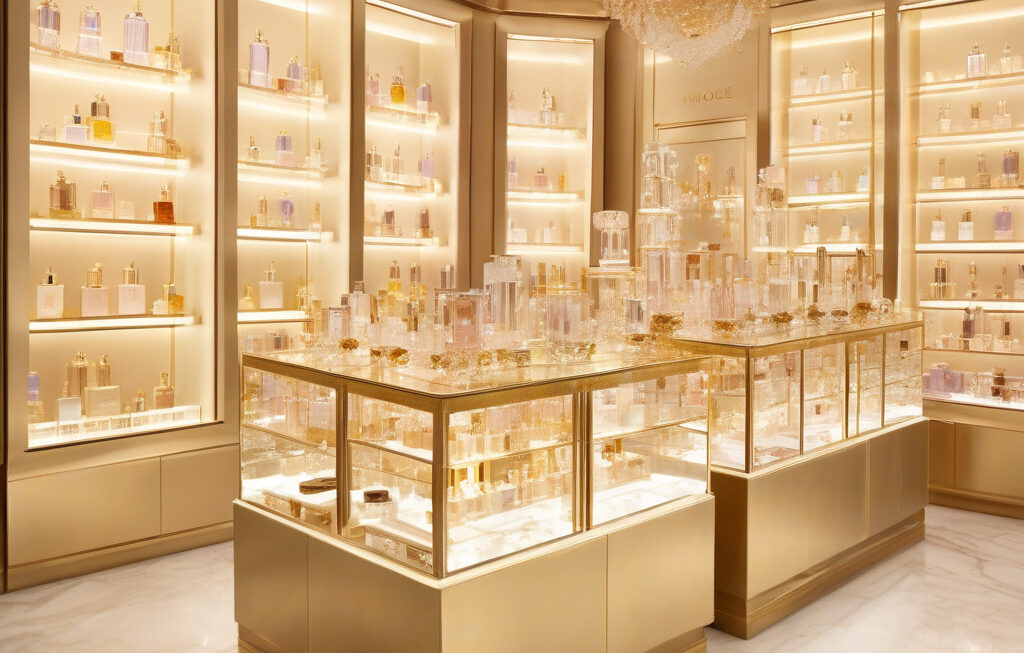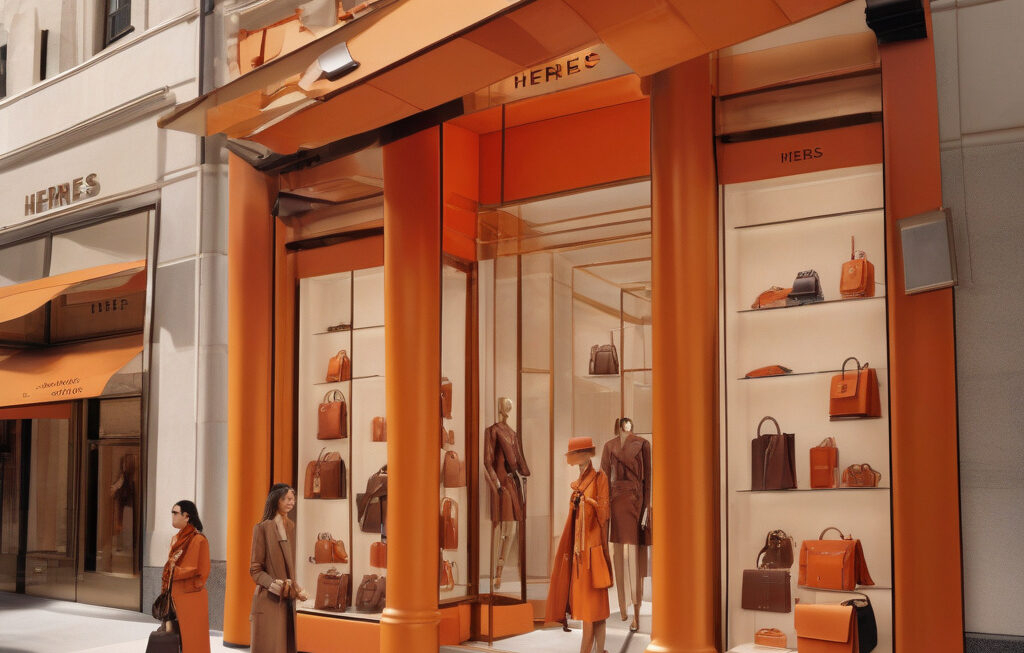Trump Tariffs Would Test Luxury’s Pricing Power
The looming threat of Trump tariffs has once again put the luxury industry in the spotlight, with executives at renowned fashion houses such as Hermès and Kering expressing their strategies to navigate potential challenges. The recent statements from these industry giants shed light on the delicate balance between maintaining brand exclusivity and adjusting to external economic pressures.
In a world where perception is everything, luxury brands have long relied on their prestigious images to not only attract customers but also to justify premium pricing. The allure of owning a Hermès Birkin bag or a piece from Kering’s Gucci collection goes beyond simple functionality; it represents a status symbol, a statement of wealth and taste. However, with the possibility of tariffs threatening to increase production costs and, subsequently, retail prices, luxury brands find themselves at a critical juncture.
Executives at Hermès and Kering have expressed confidence in their ability to weather the storm, citing their brands’ strong cachet as a shield against potential financial setbacks. By leveraging the desirability and exclusivity of their products, these companies believe they can absorb any additional duties without compromising their pricing strategies or brand positioning. This approach reflects a deep understanding of consumer psychology and the power of brand perception in the luxury market.
The willingness of these luxury giants to confront the challenges posed by tariffs head-on is a testament to their long-term vision and commitment to preserving brand integrity. While some companies may opt to pass on the increased costs to consumers, risking alienation and a dent in their carefully cultivated image, Hermès and Kering are taking a different route. By signaling their readiness to protect customers from price hikes, they are not only showcasing their financial stability but also reinforcing the emotional connection that customers have with their brands.
Moreover, this proactive stance could serve as a valuable lesson for other players in the luxury industry. In a landscape where consumer preferences and economic conditions are constantly evolving, adaptability is key to survival. By demonstrating a strong grasp of market dynamics and consumer behavior, Hermès and Kering are setting a precedent for how luxury brands can navigate uncertain times without compromising on quality or exclusivity.
As the world eagerly awaits the outcome of the tariff negotiations, all eyes are on the luxury sector to see how it will respond to this latest challenge. Will other brands follow in the footsteps of Hermès and Kering, prioritizing brand loyalty over short-term financial gains? Or will we witness a shift in the industry dynamics, with pricing strategies being reevaluated to accommodate external pressures? Only time will tell, but one thing is certain: the luxury market is in for a test of its pricing power, and how brands choose to navigate this test will have far-reaching implications for the industry as a whole.
In conclusion, the statements from executives at Hermès and Kering underscore the resilience and strategic thinking that define the luxury industry. By standing firm in the face of potential tariffs and reaffirming their commitment to customers, these brands are not just protecting their bottom line but also upholding the values that have made them iconic. As the luxury market braces for a period of uncertainty, one thing remains clear: in the world of luxury, pricing power is not just about numbers; it’s about the intangible allure that sets these brands apart.
luxury, pricing power, Hermès, Kering, tariffs












